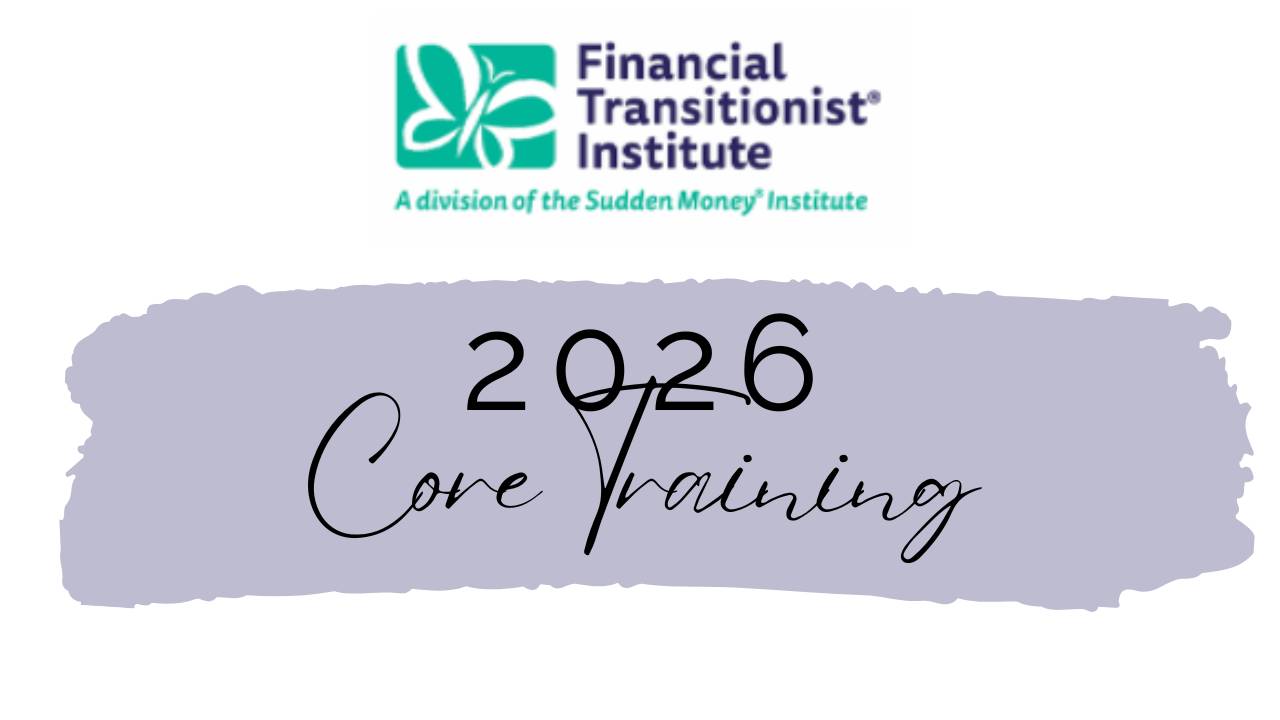On Grief, Crying, and Hugging Yourself
Apr 19, 2020
Written by Mary Martin, PhD
I love it when people come to my free, online, 30-minute, self-care sessions and tell me that the reason they’re there is to take a nap. Need to come on, say hi on camera, and then turn the camera off and cry for 30? Or leave it on and cry? Go for it. Don’t want to say anything at all and just need to be alone for a moment? If that, in earnest, is what is called for in that moment, it is welcome. We are all experiencing our collective grief over the loss of what our world was like at the beginning of 2020, and then there’s anticipatory grief for what is to come. (See grief specialist, David Kessler’s PBS interview on his site for more here.) We don’t know who will get sick and when we don’t know who will die, we have no idea when our lives will return to any kind of normalcy, and we wonder if the handshake has seen its last days. Given the realities of our situations, including that the people we are living with are the only people we can touch, and that some of us live alone, the only supportive touch possible right now might be a hug from ourselves. Fortunately, it works. Putting your hand on your heart for a few breaths or hugging yourself releases oxytocin and has been shown to increase feelings of safety and security. It’s weird, I know. But close your eyes and give it a whirl. And if it’s still too weird, come to a self-care session, close your eyes there, and hug yourself with a bunch of strangers. We need all of the help we can get right now, hugs included. Please note that these self-care sessions–and this is also true of mindfulness in general–are not about you necessarily being calm, relaxed, happy, or blissed out, and they’re certainly not about stopping your thoughts or finding silver linings. This is simply about doing things that research has shown increase well-being and happiness (both being happy with and happy in your life, as Laurie Santos says), and decrease anxiety. At its very foundation, mindfulness is about using the contents of your consciousness as objects of attention–things to be aware of as they come and go. You are learning presence, and presence increases well-being. You’re getting to know the nature of your mind by first learning what it feels like when you are paying attention. Most of us never learned this crucial skill. We walk around with a wandering mind, going from task to task, and being led around by emotions and habits. But there’s an alternative. And it just so happens that that alternative also helps with grief, anxiety, and isolation.
If you want to be added to the invite list for links to the self-care sessions, email me at mary@suddenmoney.com.
Here’s the schedule:
Mondays at 11 am, ET
Tuesdays at 2 pm. ET
Thursdays at 7 am, ET
Stay connected with news and updates!
Join our mailing list to receive the latest news and updates from our team.
Don't worry, your information will not be shared.
We hate SPAM. We will never sell your information, for any reason.

